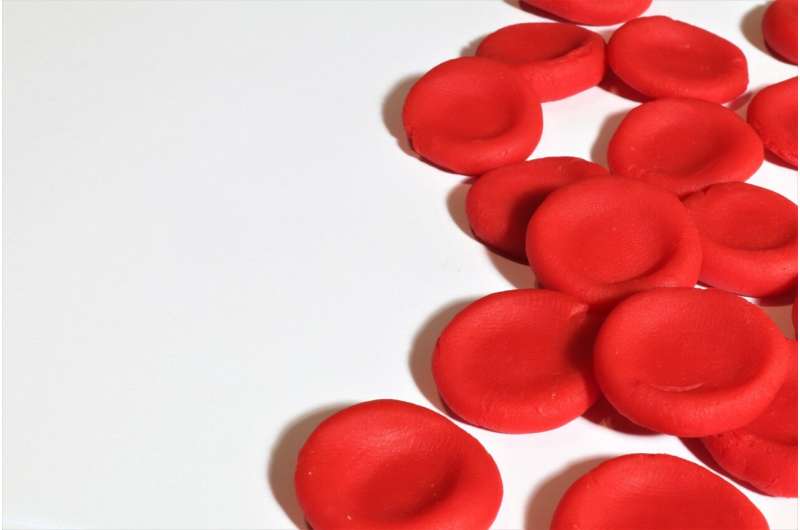EU red blood cell research project to advance rare anaemia patient care

Anaemia is a condition in which your blood has a lower than normal number of red blood cells. It affects 1.6 billion people worldwide, with approximately 10 percent of these individuals suffering from a rare form of the disease. Concretely, the lack of haemoglobin in the blood slows down the delivery of oxygen from the respiratory organs to the rest of the body, resulting in less energy to power the functions of the patient's organism. In such scenarios, various symptoms occur including fatigue, weakness and difficulty concentrating. If the anaemia becomes more severe - particularly in rare anaemias - it can become life threatening.
The root causes of the approximately 90 different types of red blood cell diseases have not yet been adequately investigated. The link between the molecular causes and clinical symptoms in red blood cell diseases like sickle cell anaemia and groups of inherited blood disorders - thalassemia - is still poorly understood and appropriate treatments are often ineffective.
As a consequence, there is a high demand for new tools to improve diagnosis and monitor red blood cell disease progression. This is where COMMITMENT - a newly launched EU funded research project - comes into play. Over the next five years, the project is expected to develop reliable imaging technologies for therapy and personalised medication in rare anaemia treatments.
The innovative approach of the international research group, led by Dr Lars Kaestner, Head of the Centre for Molecular Imaging and Screening at Saarland University, Germany, is based on the combination of specific imaging technologies (molecular and functional imaging).
"The individual technologies, and to a larger extent the unique fusion of technologies, will allow for the identification and probing of the molecular players that underlie rare anaemia. In doing so, this innovative technology will provide a novel diagnostic tool leading to a better understanding of the underlying pathophysiology of rare anaemia. This will enable us to develop new (personalised) treatments for this group of established, emerging, and as yet undiscovered red blood cell disorders," explains Dr Kaestner.
More information: www.rare-anaemia.eu/
















